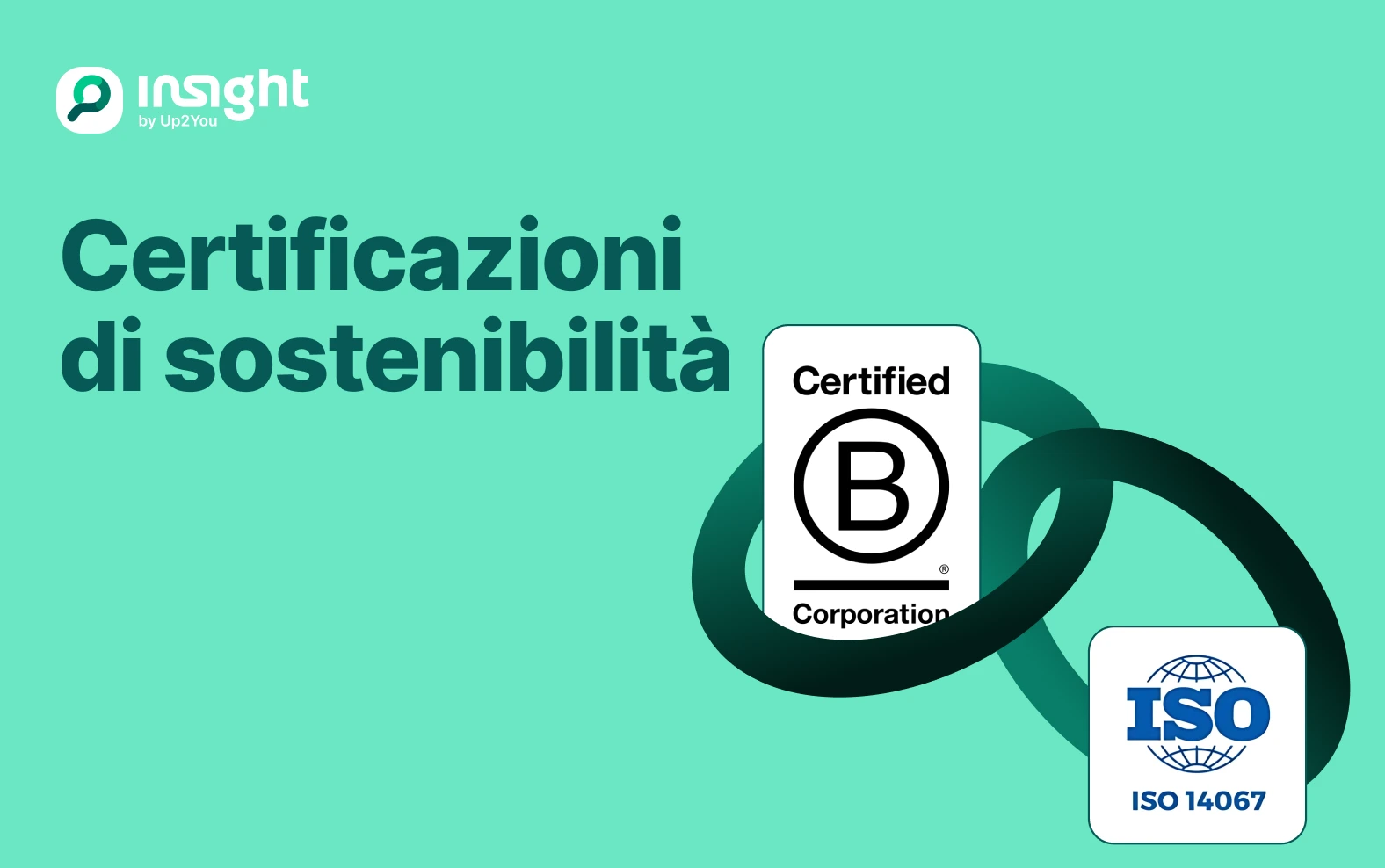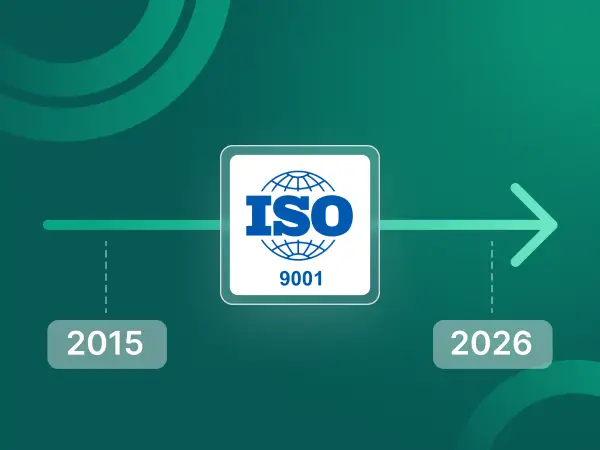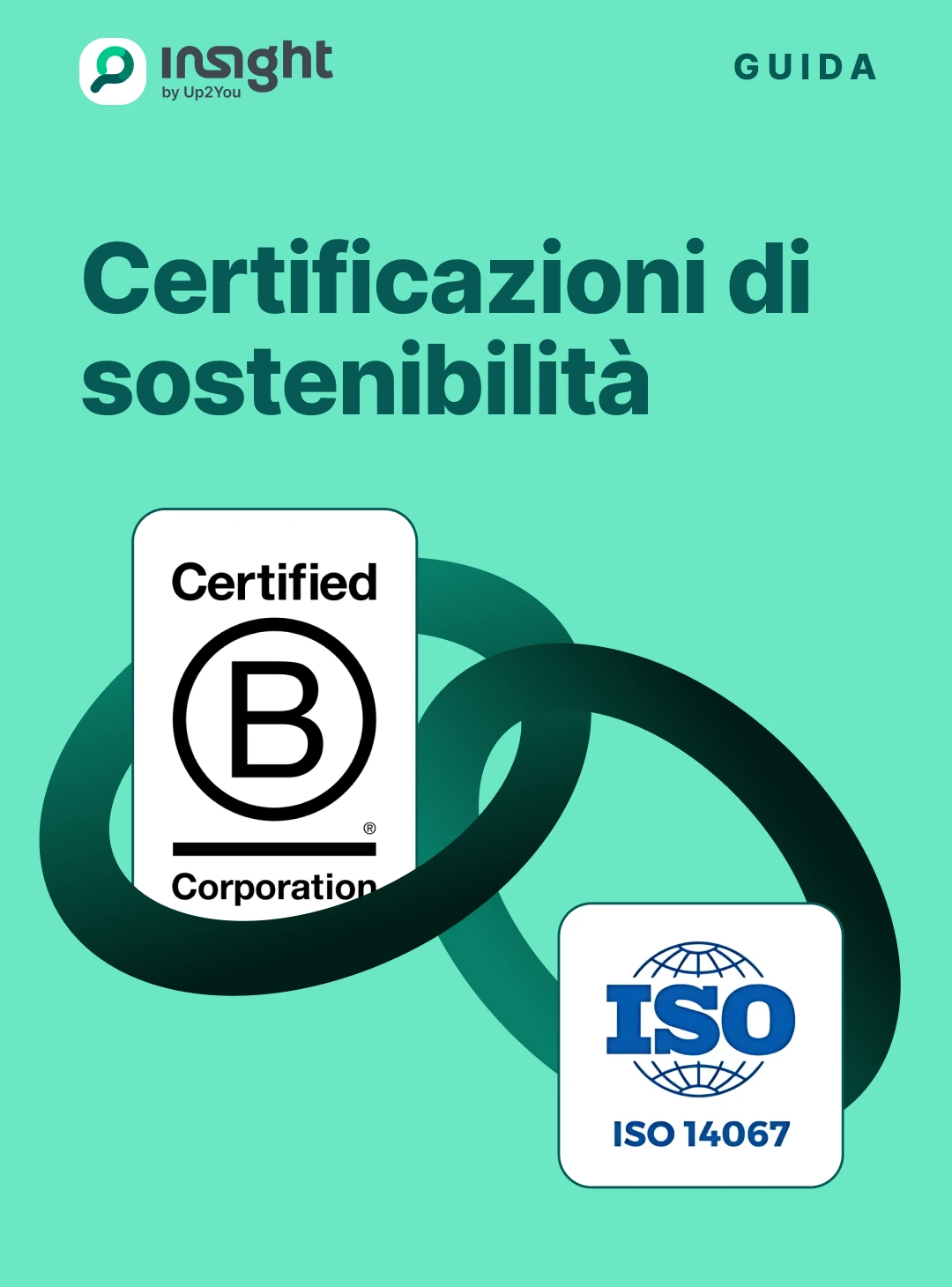8 sustainable certifications and goals to boost your company
What is an environmental certification?
Today, environmental sustainability and attention to the environment have also become essential elements for companies: more and more consumers are attentive to the environment, even when it comes to shopping. In the same way, investors also consider environmental sustainability as a priority element to understand which company to direct their capital to.
Between ethical claims, green stamps and self-declarations, however, it is difficult to understand which companies are really committed to a concrete path towards environmental sustainability. Here come into play environmental certifications.
Una environmental certification, a standard or an initiative ensures the achievement of established objectives through concrete measures and, for this reason, it represents the best way to create a relationship of trust with customers and investors. So let's see what they are and how to obtain them.
What you'll find in the guide
- 8 certifications, standards and initiatives in the field of environmental sustainability.
- The benefits that these goals bring to companies.
- The steps to take to achieve environmental goals
Fill out the form below and download our free guide to find out what are some of the certifications, standards and initiatives in the field of sustainability!




























